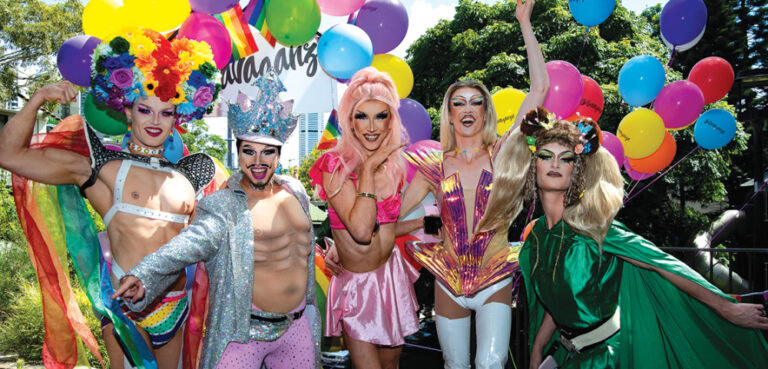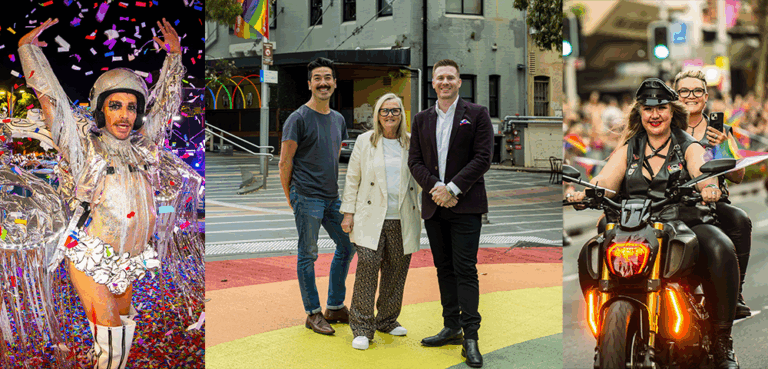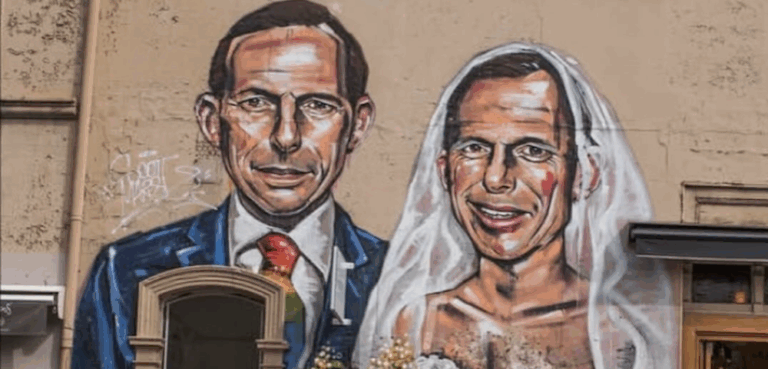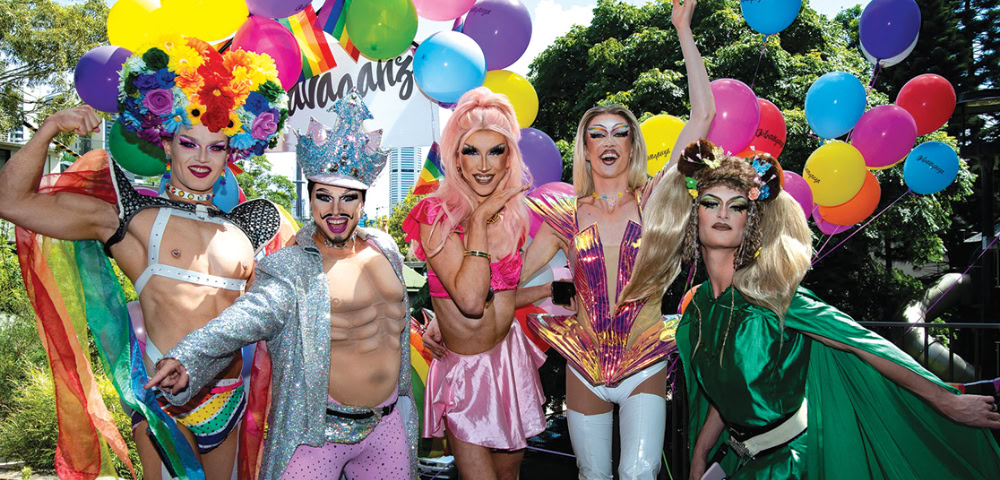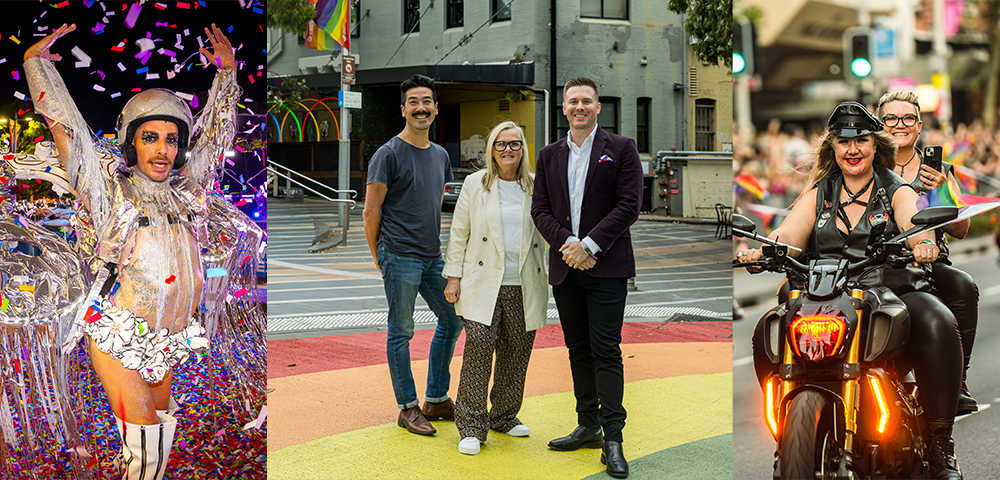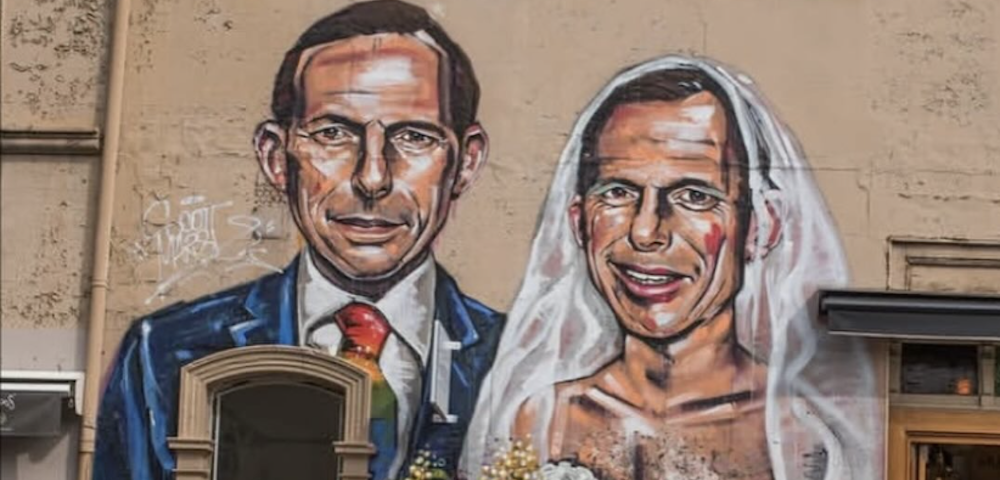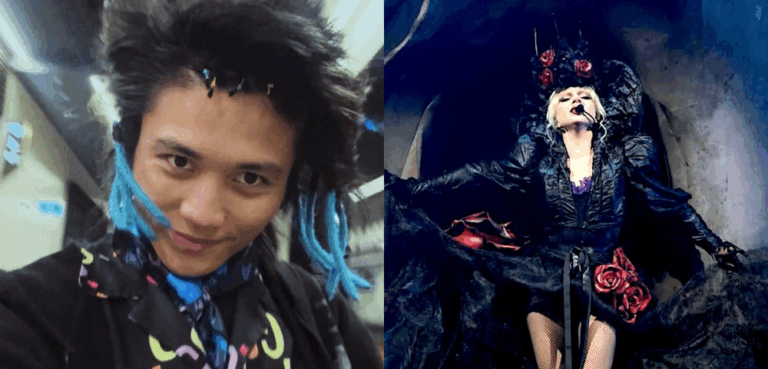
Vic sports minister says being gay is OK
Victoria’s sports clubs will soon adopt an anti-discrimination policy, but former St Kilda captain Nathan Burke says change will take 10 years.
A group of experts from the RJM Trust, set up by former local football club president Rob Mitchell to lobby for anti-discrimination guidelines, secured a new range of anti-discrimination measures across all sports in the state last month following a meeting with Sport Minister James Merlino.
The group included Anne Mitchell and Lynn Hillier from Gay & Lesbian Health Victoria, Sue Hackney of rural gay youth project Way Out, Peter Sagar from OutGames and former St Kilda captain Nathan Burke.
After the meeting Merlino wrote to Mitchell promising action.
Sport & Recreation Victoria will soon commence a project that aims to develop a resource manual to assist sporting leagues and clubs on a wide range of governance issues, he wrote.
I anticipate there will be a chapter in the manual on the topic of combating discrimination in all its forms -¦ it would be useful to get your group’s input into the drafting of this particular chapter.
Mitchell hopes the group will form the core of a permanent reference group to keep the minister informed on issues around gay and lesbian participation in sport.
Former AFL footballer and St Kilda captain Nathan Burke is included because of his experience within the AFL during the crisis over racial and religious vilification. Burke now uses his experience working for a consultancy that specialises in cultural change.
He said writing sexual orientation into governance policy is only step one.
Nothing’s going to change just from that, he said. If you can find some leaders to really push it, keep it in front of mind, that’s important, but the most important part is education, getting out there, talking to the sporting clubs and leagues.
Burke also stressed the need for a system of sanctions and penalties, saying that some people would change as a result of education but others would need disciplinary measures before they would take notice.
That was how measures to combat racial and religious discrimination had worked, he said.
They went down a three-pronged path: one was that they put in regulations, then they had a couple of high profile Aboriginal players like Nicky Winmar and Michael Long to keep it front of mind. And thirdly they had education, he said.
Eventually through the education process it started to change attitudes and then over 10 years new players came in and they saw that attitudes had changed, and it wasn’t okay to call someone a racial or religious name. So that’s how cultural change happened, slowly, over 10 years.
From www.bnews.net.au
